Filter by
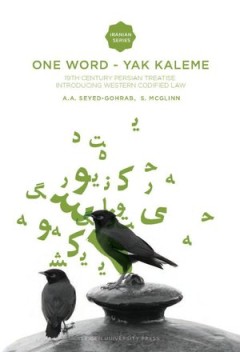
One Word - Yak Kaleme : 19th-Century Persian Treatise Introducing Western Cod…
One Word – Yak Kaleme is one of the first treatises in the Middle East to demonstrate that Islam is compatible with modern western forms of government, and specifically that sharia principles can be incorporated in a codified law comparable to that found in Europe. Unlike many fellow Oriental travellers, the author observed that European dominance is not derived from a few technological advan…
- Edition
- -
- ISBN/ISSN
- 9789400600126
- Collation
- -
- Series Title
- -
- Call Number
- 340 ONE
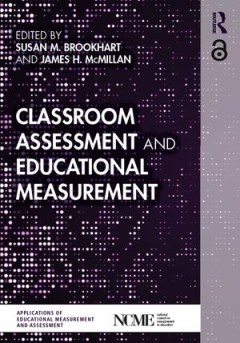
Classroom Assessment and Educational Measurement
Classroom Assessment and Educational Measurement explores the ways in which the theory and practice of both educational measurement and the assessment of student learning in classroom settings mutually inform one another. Chapters by assessment and measurement experts consider the nature of classroom assessment information, from student achievement to affective and socio-emotional attributes; h…
- Edition
- -
- ISBN/ISSN
- 9780429017605
- Collation
- -
- Series Title
- -
- Call Number
- 370 CLA
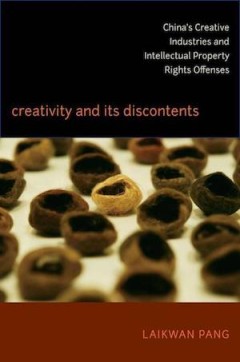
Creativity and its Discontents : China’s Creative Industries and Intellectu…
Creativity and Its Discontents is a sharp critique of the intellectual property rights (IPR)–based creative economy, particularly as it is embraced or ignored in China. Laikwan Pang argues that the creative economy—in which creativity is an individual asset to be commodified and protected as property—is an intensification of Western modernity and capitalism at odds with key aspects of Chi…
- Edition
- -
- ISBN/ISSN
- 9781478091530
- Collation
- -
- Series Title
- -
- Call Number
- 340 PAN c
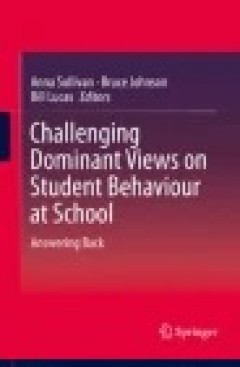
Challenging Dominant Views on Student Behaviour at School
This is a deliberately provocative book. It critiques current student behaviour management practices, seeks to explain the flawed assumptions that justify those practices, and proposes how things could be better for children in our schools if different practices were adopted. It is one of the few books to offer alternative ways of addressing the issues associated with student behaviour at schoo…
- Edition
- -
- ISBN/ISSN
- 978-981-10-0628-9
- Collation
- -
- Series Title
- -
- Call Number
- 370
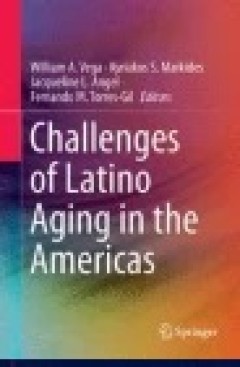
Challenges of Latino Aging in the Americas
This book examines one of the most important demographic changes facing the United States: an overall aging population and the increasing influence of Latinos. It also looks at the changing demographics in Mexico and its impact on the health and financial well-being of aging Mexicans and Mexican Americans. The book provides a conceptual and accessible framework that will educate and inform read…
- Edition
- -
- ISBN/ISSN
- 978-3-319-12598-5
- Collation
- -
- Series Title
- -
- Call Number
- 330
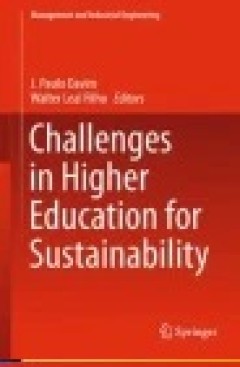
Challenges in Higher Education for Sustainability
This book presents the latest advances on the incorporation of sustainability in higher education. Different aspects such as the environmental, economic and social are here discussed. Several examples illustrating how sustainability in higher education is being pursued in different countries can be found in this book. Case studies include institutions from Kosovo, Brazil, Portugal, UK, Canada a…
- Edition
- -
- ISBN/ISSN
- 978-3-319-23705-3
- Collation
- -
- Series Title
- -
- Call Number
- 378
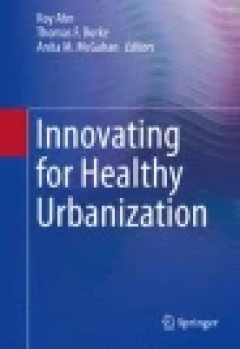
Innovating for Healthy Urbanization
This powerful resource identifies wide-scale health challenges facing a rapidly urbanizing planet--including key concerns in nutrition, health status, health care, and safety--and strategies toward possible solutions. Theoretical and empirical analysis focuses on maximizing the benefits of urban living and minimizing negative outcomes across areas for improvement (health education, maternal and…
- Edition
- -
- ISBN/ISSN
- 978-1-4899-7596-6
- Collation
- XVII, 333
- Series Title
- -
- Call Number
- 362 INN

Ceramic Materials from Coffee Bagasse Ash Waste
This book proposes the use of coffee bagasse ash (CBA) waste as raw material to be used in ceramic formulations. The approach presented here is a solution to a current ambiental problem as CBA waste is discharged in high amounts in agriculture. The authors analyze the potencial of CBA as a material to substitute feldspar in tile production.
- Edition
- -
- ISBN/ISSN
- 978-3-319-15281-3
- Collation
- -
- Series Title
- -
- Call Number
- 378.1
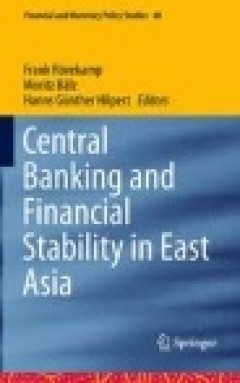
Central Banking and Financial Stability in East Asia
This book explores financial stability issues in the context of East Asia. In the East Asian region financial stability has been a major concern ever since the Asian crisis of 1997/98, which still looms large in the collective memory of the affected countries. The global crisis, which had its starting point in 2007, only served to exacerbate this concern. Safeguarding financial stability is the…
- Edition
- -
- ISBN/ISSN
- 978-3-319-17380-1
- Collation
- -
- Series Title
- -
- Call Number
- 332.1

Central Bank Regulation and the Financial Crisis : A Comparative Analysis
The respective legal frameworks that control central banks are shaped by whether they are market oriented or government controlled. However such stark distinction between these two categories has been challenged in view of the varying styles of crisis management demonstrated by different central banks during the crisis. This book uses comparative analysis to investigate how the global financial…
- Edition
- -
- ISBN/ISSN
- 978-1-137-56308-8
- Collation
- -
- Series Title
- -
- Call Number
- 332.1
 Computer Science, Information & General Works
Computer Science, Information & General Works  Philosophy & Psychology
Philosophy & Psychology  Religion
Religion  Social Sciences
Social Sciences  Language
Language  Pure Science
Pure Science  Applied Sciences
Applied Sciences  Art & Recreation
Art & Recreation  Literature
Literature  History & Geography
History & Geography